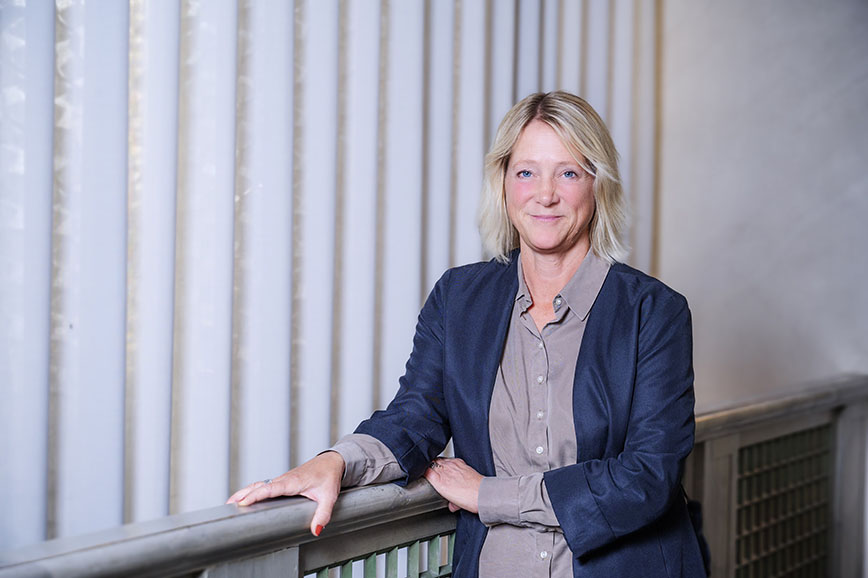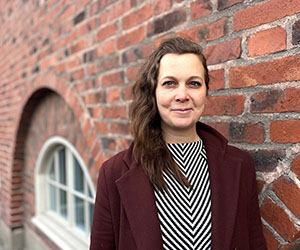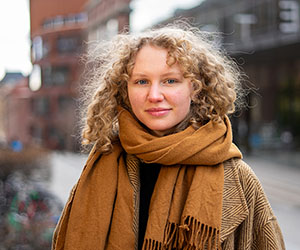The new faculty organisation takes shape

Hello Sofia Ritzén, Dean of Faculty and Chair of the Faculty Council. The schools' faculty boards started their work at the turn of the year. How are they doing?
"Good, I would say. There is a great deal of commitment, but the faculty boards are still only at the beginning of their work, which is obviously noticeable and needs to be allowed to continue. The line management of the schools also needs to relate to the new faculty boards and understand their different roles."
What issues do faculty boards work on?
"In principle, the faculty boards will work on quality issues in research and education and strategic development issues for the schools. They also work on more operational issues, such as education plans, but should also get involved in the work on the schools' operational plans."
How is the coordination between the Faculty Boards and the Faculty Council organised?
"Through a group called the Collegial Coordination Group. It consists of me, the vice-dean of faculty, the deputy chair of each faculty board and the teacher members of the board. It is a good grouping for consultation between the schools and senior management. The group has met once so far. And the discussion has focused on what issues we should prioritise and spend time on."
Tell us more about this interface
"The coordination group deals with issues that the faculty council is working on and that need to be taken further to the schools' faculty boards so that we can move forward. The same applies the other way around. This means that the faculty boards also raise issues that are common to KTH upwards to that group. The dialogue with the board's teacher members is also valuable for consultation and for understanding different perspectives in the management of KTH."
What does the faculty council do differently from the faculty boards?
"We have very similar issues but for different levels, KTH and school level. The Faculty Council also works with our basic academic values. For example, the meaning of academic freedom and how we strengthen academic citizenship. Academic citizenship means work that is not directly related to research and teaching. "
"The Faculty Council also has a normative function and works with issues of regulations. This includes, for example, ensuring that the organisation does the same thing when it is best to do so."
Text: Marianne Norén (marianno@kth.se)





